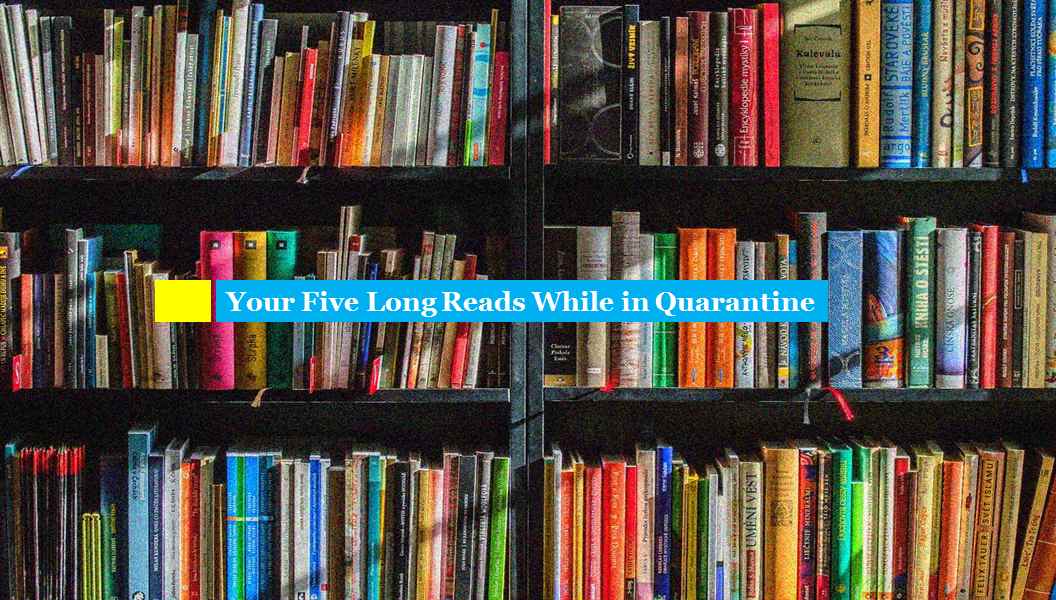The Maharashtra Textbook Syndrome: revisiting the age old practice of dowry
“If a girl is ugly and handicapped, it becomes very difficult for her to get married. To marry her, the girl’s bridegroom and his family demand more dowries. The helpless parents of such girls are then forced to pay up…” The New Leam Team reflects on pedagogy and gender intolerance.
By Editorial Team
Education as a catalyst in the development of a responsible citizen and the school as a center for cultivating critical thinking, sensitivity and social responsibility are often seen to be challenged in our times. The present scenario is indeed hegemonised by the forces of global capitalism and the ethos of neo-liberalism, these rampant forces have not only left their impact upon patterns of consumption but have also transformed the way that we look at the domain of education and culture. It is paradoxical that education which has the potential to transform one’s thought process and make one capable of critical judgement ends up being reduced into the mere acquisition of skills and specialised knowledge’s that are suitable for the demands of the market. The proliferation of technical/ /engineering/information technology related training centers in every nook and corner of the city is remarkable- it speaks volumes about the dreams and aspirations of the emerging middle class in India which looks at education as only an investment that should yield results in the future. Thus education begins to be seen as a mere utility to find one’s place in the social hierarchy and all meaningful, creative engagement with education is trivialised or seen with ridicule. This is not an isolated phenomenon rather it reflects the socio-cultural, ideological and political preferences of the nation as a collectivity and the growing mechanical/ alienated and fragmented individualities that are its products.
The recent controversy regarding the Maharashtra State Board class 12 Sociology textbook makes this point sufficiently clear. The textbook lists the “ugliness of the girl” as one of the reasons for families demanding dowry from the girl’s family at the time of marriage. This is what a particularly objectionable paragraph from chapter 3 of the book reads: “If a girl is ugly and handicapped, it becomes very difficult for her to get married. To marry her, the girl’s bridegroom and his family demand more dowries. The helpless parents of such girls are then forced to pay up…”
For many years this particular textbook is being used by the Board and hundreds of students are forced to be referring to it in examinations. It is ironic that despite growing gender sensitivity and a culture of democratic resistance against suppressive violence, a phenomenon like this continues to surface even in the 21st century. A social evil that has prevailed in the country for thousands of years has been taken at its face value and the minds of vulnerable children fed with such intolerant, non-critical and abusive ideas that go against human dignity and gender equity. When cases such as this emerge they tend to reflect the disjuncture in Indian modernity which is ironically caught between neo-liberal economics and medieval ethics and calls for a collective redefinition of education, critical pedagogy and social emancipation. Art, Cinema, Journalism and media too have an extremely important role to play as far as creating alternative visions is concerned, more ever the demand of our times is also to rescue the domain of creative agency in the form of educational practices from the ruthless bulldozer of the market and its neo-liberal orientations. Unless we evolve a sustained respect for open mindedness, diversity, social equity and universal dignity we are likely to be caught again and again in vulgar, insensitive and violent displays of social backwardness and gender discrimination. The Maharashtra text book is only a reminder of our shallow mind-sets. We must ask ourselves yet again why derogatory terms such as ‘handicapped’ or ‘ugly’ must be used for women in official syllabus or why male chauvinism must be taken for granted. What is even more pathetic is that the section raises no awareness among students as to how girls can raise their voice against this social injustice and evolve their own sense of agency. It is time we paused for a moment of careful introspection and allowed the sights of knowledge to liberate people from intolerant mind-sets and take them towards sensitivity, dialogue and social harmony.
The New Leam has no external source of funding. For retaining its uniqueness, its high quality, its distinctive philosophy we wish to reduce the degree of dependence on corporate funding. We believe that if individuals like you come forward and SUPPORT THIS ENDEAVOR can make the magazine self-reliant in a very innovative way.












